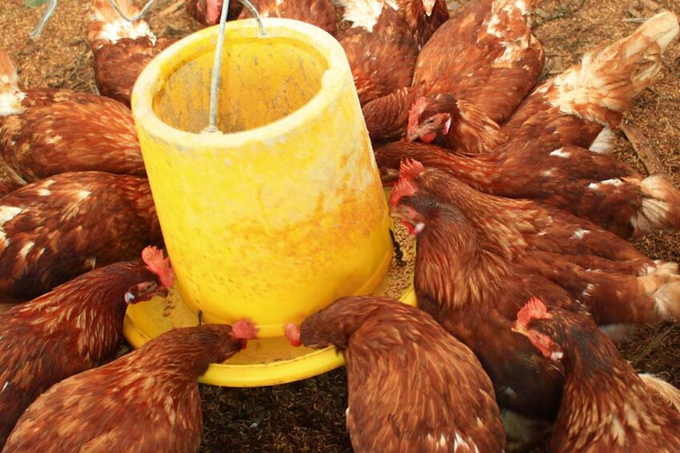May 17, 2025 | 05:26 GMT +7
May 17, 2025 | 05:26 GMT +7
Hotline: 0913.378.918
May 17, 2025 | 05:26 GMT +7
Hotline: 0913.378.918

RSPCA Assured has further extended its current pause on the introduction of new standards. Photo: Canva
The move follows pressure from the poultry sector, which have been asking for producers to be at the heart of standard development and assurances that any new standards are based on sound scientific evidence. Back in March, the RSPCA Assured announced a 3-month pause.
It means that RSPCA Assured laying hen scheme members can continue using the current version of the standards published in 2017 and that:
James Mottershead, NFU poultry board chair, welcomed the further pause and review by RSPCA Assured: “We recognised that the extended pause on implementation of these standards to 9 months will allow for proper engagement and much-needed consultation with the poultry sector, especially egg producers – a point we have always said is absolutely vital to ensure that the standards are practical and workable and deliver a true benefit for welfare outcome measures.
“We acknowledge that a number of other positive moves have been made such as a commitment to carry out UK on-farm trails and the introduction of a dedicated project team. However, there are still questions to be answered regarding resources such as funding and how RSPCA Assured intend to act upon feedback from the poultry sector to inform meaningful changes where required to their standards.”
Kelly Grellier, interim chief operations officer at RSPCA Assured, said: “Our members are fundamental in helping us improve hen welfare. Therefore, ensuring we listen to them and provide proper support to help them meet the new standards is our top priority. To do this effectively, we have to be flexible. Extending the current pause until 2025 will give us more time to talk to more members and offer more support tailored to their specific needs.”
RSPCA and RSPCA Assured will be developed UK-based case studies to demonstrate how natural daylight can be practically applied in a variety of laying hen farming systems, such as multi-tiered, flat deck, free-range and barn. When each case study is completed, it will be shared with both RSPCA Assured members and industry.
“In addition to case studies and in person support, we will continue to review how we can improve engagement with members and the industry when development news standards,” she added.
(PW)

(VAN) Fourth most important food crop in peril as Latin America and Caribbean suffer from slow-onset climate disaster.

(VAN) Shifting market dynamics and the noise around new legislation has propelled Trouw Nutrition’s research around early life nutrition in poultry. Today, it continues to be a key area of research.

(VAN) India is concerned about its food security and the livelihoods of its farmers if more US food imports are allowed.

(VAN) FAO's Director-General emphasises the need to work together to transform agrifood systems.

(VAN) Europe is facing its worst outbreak of foot-and-mouth since the start of the century.

(VAN) The central authorities, in early April, released a 10-year plan for rural vitalization.

(VAN) Viterra marked a significant milestone in its carbon measurement program in Argentina, called Ígaris, reaching 1 million soybean hectares measured.